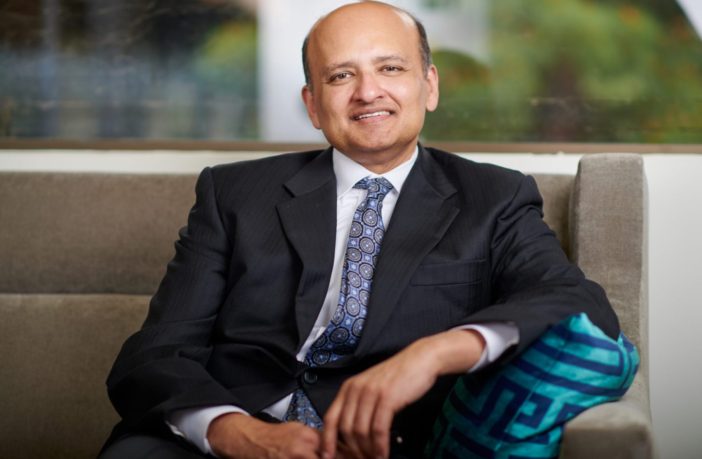Amit Kumar, Ph.D., is the CEO and chairman at Anixa Biosciences which has partnered with the Cleveland Clinic to develop a breast cancer vaccine.
Kumar discussed the progress of developing a vaccine and what this means for people of color.
How long has this breast cancer vaccine been in development?
The research team that developed this vaccine has been working on it for over two decades, this was primarily studies done at the Cleveland Clinic. A few years ago, [my company and I]decided to partner with the Cleveland Clinic to bring this vaccine out of the lab into clinical testing, which is where we are right now. Then eventually, [we will]get it approved by the FDA, and make it available for women to prevent the most lethal form of breast cancer, which is triple-negative breast cancer. Although we do believe that it will prevent other sorts of breast cancer as well.
How has it worked for Jennifer Davis, the first woman who took the vaccination?
Jennifer was the very first human being that took the vaccine. We tested it on a large number of animals in the laboratory, and then we began the clinical trial after the FDA gave us the go-ahead to begin human testing. She was the very first. She is a triple-negative breast cancer survivor, which means that she is at high risk of cancer recurring. When she found out about the vaccine, she volunteered, even knowing that she was going to be the very first human being to test it out. The only side effects we’re seeing are bumps at the site of the injection and we’re going to follow her for a long time to make sure that she lives a good long life without breast cancer ever occurring. I should also say even though Jennifer is the very first patient, we’ve tested the vaccine now on 15 patients, and we will test it on about 24 patients, plus or minus in phase one, and then we’ll have to go into phase two and phase three studies to broaden out the patient population.
How is Anixa Biosciences ensuring that people of color are involved in these clinical trials?
At the current time, with the small number of women that we’ve tested, we only have one African American in the trial and one Asian American in the trial. We would like to get a much more diverse group of patients, [but]it may not be as important right now in phase one, because we’re just testing for safety and some indications of efficacy. As we get bigger and bigger trials, we would like a much more diverse population. Specifically, in certain ethnic groups, primarily in the African American community, there is a much higher incidence of breast cancer, including triple-negative breast cancer. We would like it if we could get some additional women of color in our trial. Right now, the vaccine has only been tested at the Cleveland Clinic, which is one of the top hospitals in the world. Eventually, we’ll have multiple sites throughout the United States.



